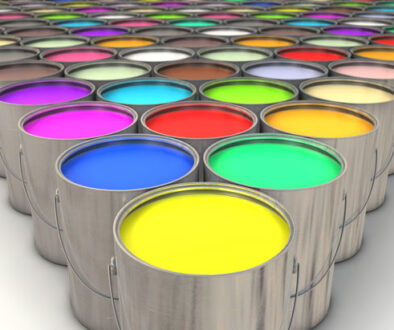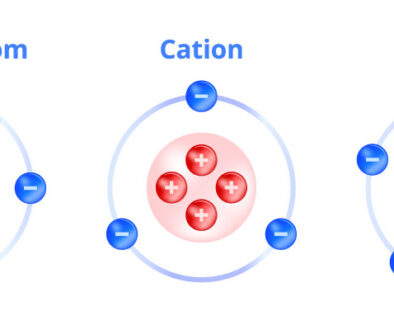Polymer Supplier and Adhesive Manufacturer

The world of polymers is wide and varied, with many moving parts. There are hundreds of applications for our water based acrylic polymers in a variety of fields. A polymer, simply put, is a macromolecule comprised of many smaller molecules called monomers. These molecules react among themselves chemically to form long chain or three-dimensional networks. Both natural and synthetic polymers play a very important role in our day-to-day lives. The most commonly available polymer found in nature is cellulose, which is formed from the monomer glucose. Over 75% of most plant bodies are composed of cellulose. As an adhesive supplier and polymer manufacturer, Gellner Industrial excels at providing the public the industrial polymers that businesses need. You can check out our Product Guide to learn more about the acrylic resins and chemicals we offer. Read further for a more in-depth perspective of our product types and merchandise.
Anionic Acrylic Polymers
Anionic polymers are synthesized by a process called anionic polymerization. Anionic polymerization is a chain growth reaction which begins with an anion (an atom that has gained electrons and subsequently, has a negative charge). Various types of initiators are used in anionic polymerization. Anionic polymerization entails a set of reactions that take place in three steps: initiation, chain
propagation and chain termination. These reactions are then initiated by nucleophilic addition (when a chemical compound with an electron-deficient bond reacts with an electron-rich reactant) to the double bond of the monomer. Gellner Industrial offers a wide selection of anionic polymers that are created through this very process. Names of the anionic polymers include: 25-50E, 25-30, CS-58, M-30, M-49, G-35, S-30, S-50, S-75, S-100, SX-30, SX-50, SX-75, SX-100, SF-42 and SF-45, which is new. These range from solution polymers to emulsion polymers and cover a variety of purposes, including: being used for high pigment ink, being used for printing and exhibiting good adherence to a variety of surfaces. Check out our selection of anionic polymers for all your paint and ink needs.
Cationic Acrylic Polymers
Cationic polymers are created by, you guessed it, cationic polymerization. Cationic polymerization can be typified as another example of chain growth polymerization reactions. A cation (an ion with more protons than electrons and a subsequent positive charge) initiates this reaction by transferring its charge to a monomer, which then results in an increase in reactivity. Next, the reactive monomer reacts similarly with other monomers to form a polymer. There are few monomers that can successfully execute the cationic polymerization chain reaction. Olefins, or alkenes (unsaturated hydrocarbons containing a double bond, including ethylene and propylene), are often used for these types of reactions. Gellner Industrial features a lot of cationic polymer products. These include those with the names of: K-21-30, K-362, K-633, K-12, K-23, K-65, K-66, KX-99 and KX-101. These entail solution and emulsion polymers suited for alkali resistance and adhesion to non-porous substances, check them out here.
Hydroxyl Functional Acrylic Polymers
Hydroxyl functional acrylic polymers belong to the hydroxyl group. The hydroxyl group is a functional group consisting of a hydrogen atom covalently bonded to an oxygen atom. Functional groups, in terms of organic chemistry, are specific groups of atoms within molecules that have very characteristic properties that do not change depending on the atoms present in the molecule. Popular functional groups include: alcohols, amines, carboxylic acids, ketones and ethers. The hydroxyl group is denoted by -OH in chemical structures and has a valence charge of -1. Gellner Industrial offers hydroxyl functional acrylic polymers by the names of 522, 510-28 and AX-25. These can be typified as hard emulsions, flexible solutions and anionic polymers and are found here.
Nonionic Acrylic Polymers
A nonionic polymer is a polymer that has no electrical charge. Gellner Industrial offers one nonionic polymer, named 502. 502 is a hard polymer used to provide block resistance, read more here.
Adhesive Manufacturer
If you are interested in any of our products, or have questions about polymers, do not hesitate to contact us today!



